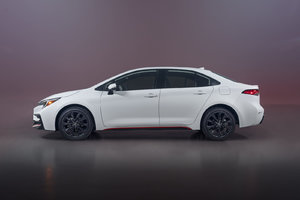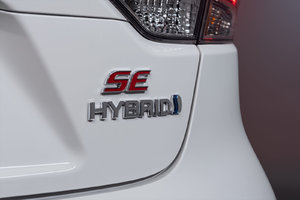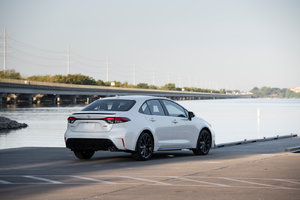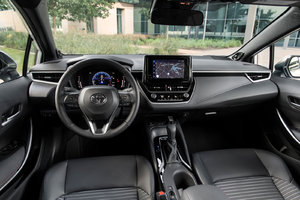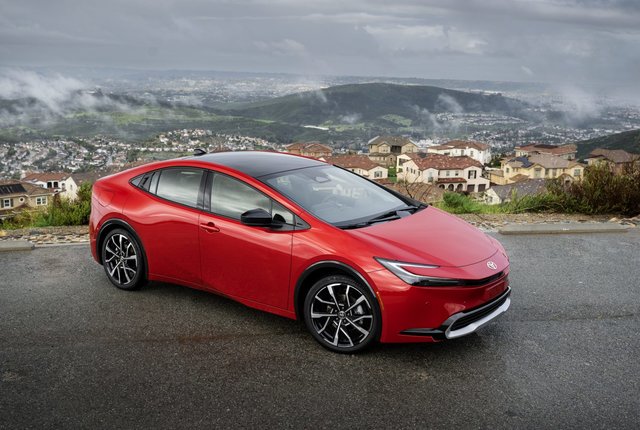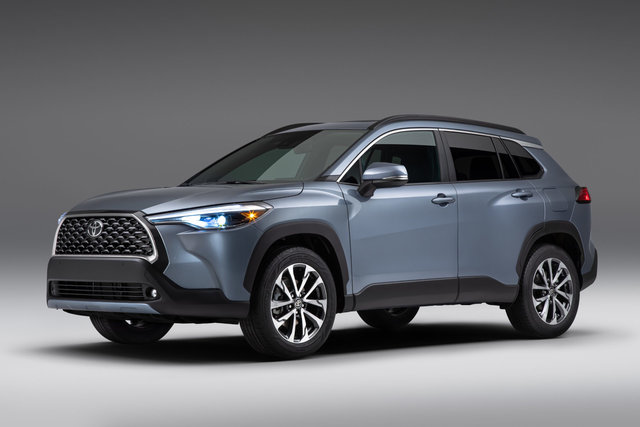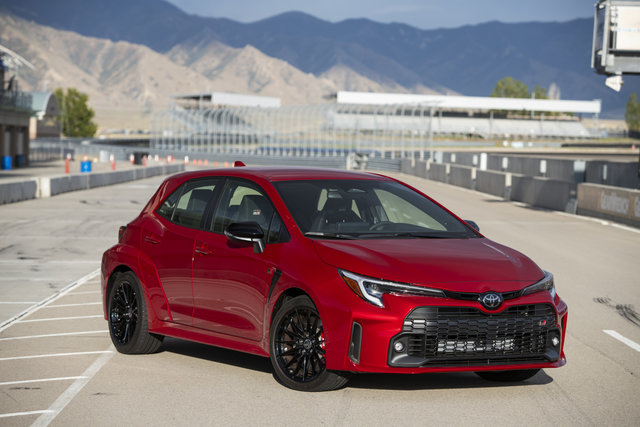The Toyota Prius lineup for 2025 offers two distinct approaches to efficient driving. The...
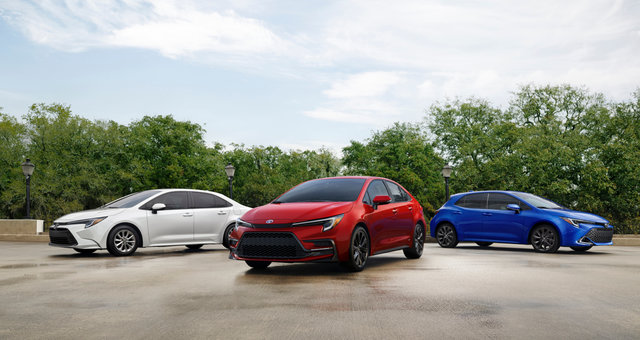
When diving into the world of compact sedans, Toyota’s Corolla lineup stands tall with its enduring reputation. For 2024, the brand offers both a traditional gas-powered Corolla and a hybrid variant. Our aim here is to untangle the key differences between these two models, providing potential buyers with a clear view of what each vehicle brings to the table.
Powertrain: Gasoline vs. Hybrid
At the heart of the 2024 Toyota Corolla Hybrid lies a combination of a traditional gasoline engine and a hybrid electric system. This synergy results in a total output of 138 hp and 156 pound-feet of torque. On the other hand, the 2024 Toyota Corolla is powered solely by a 2.0-litre four-cylinder engine, generating a slightly superior 169 hp and 151 pound-feet of torque.
Fuel Efficiency: The Hybrid Advantage
The defining distinction between the Corolla Hybrid and its gasoline counterpart is their fuel economy ratings. As can be expected, the hybrid variant showcases a more efficient consumption pattern:
|
Corolla Hybrid |
4.4L/100km |
5.1L/100km |
4.7L/100km |
|
Traditional Corolla |
7.4L/100km |
5.7L/100km |
6.7L/100km |
Furthermore, the Corolla Hybrid offers an all-wheel-drive option, presenting a unique blend of improved traction and superior fuel efficiency, a combination seldom seen in the automotive realm.
Pricing: A Delicate Balance
Price-wise, the 2024 Corolla Hybrid starts at $29,475. While official pricing for the 2024 Corolla with the traditional gas engine remains under wraps, referencing the 2023 model year, there was a noticeable price gap of approximately $3,500. This gap essentially represents the premium one pays for enhanced fuel efficiency and the flexibility of a hybrid powertrain.
The 2024 Toyota Corolla lineup offers potential buyers a spectrum of choices, each catering to different priorities. The traditional Corolla is perfect for those seeking a bit more power, while the Corolla Hybrid is tailored for the environmentally-conscious driver, emphasizing fuel efficiency and sustainability.
With the added allure of an all-wheel-drive option in the hybrid variant and the promise of long-term savings at the pump, the initial price premium might be justifiable for many. On the other hand, the traditional Corolla, with its slightly superior power figures and presumably lower initial price tag, may appeal to those who prioritize immediate savings and performance.
In the end, the decision boils down to individual priorities: immediate cost savings with the traditional Corolla or long-term fuel efficiency and environmental consciousness with the Corolla Hybrid. Whatever the choice, Toyota’s commitment to quality and innovation remains a constant across both models.
Other Articles That May Interest You
The 2025 Toyota Corolla Cross brings versatility and efficiency to the subcompact SUV segment...
Toyota has unveiled the first glimpse of an enhanced GR Corolla currently under development for...

